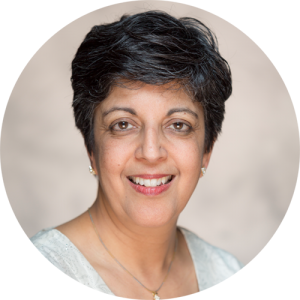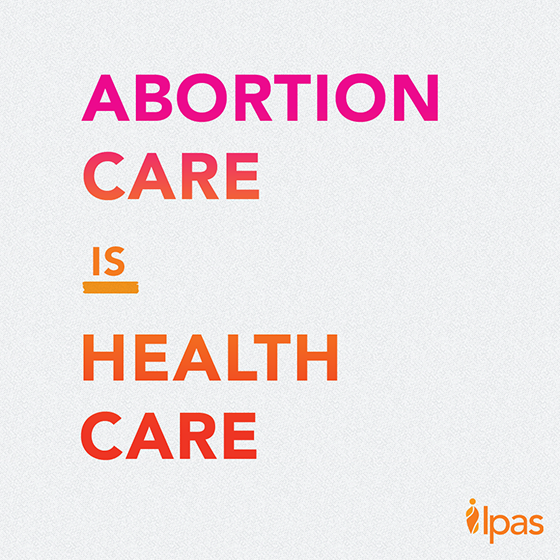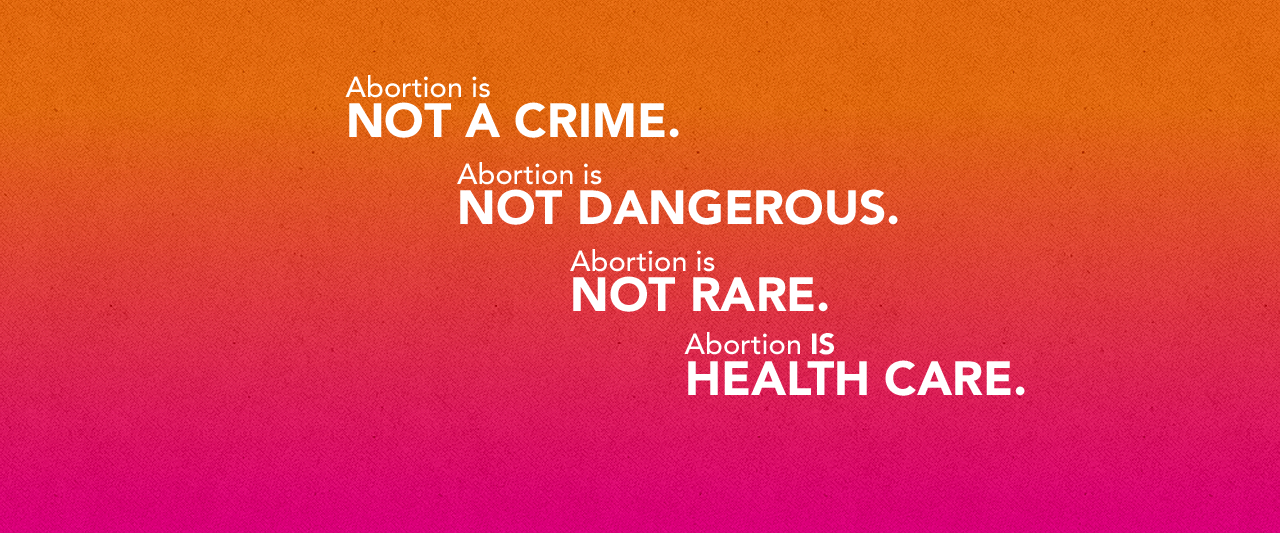Let’s talk about what that really means
By Anu Kumar, Ipas President and CEO
 Today is International Safe Abortion Day. Around the world, people are taking action to expand access to abortion—and raising awareness that abortion is essential health care.
Today is International Safe Abortion Day. Around the world, people are taking action to expand access to abortion—and raising awareness that abortion is essential health care.
What does it mean for abortion to be essential health care? It means abortion is simply one of many health services people must be able to access to ensure their physical and mental health. It means abortion should not be separated from other health services, regulated differently, stigmatized, or harder to access than other care. It means people must have access to trained providers and accurate information about abortion so they don’t resort to using unsafe methods that risk their health and lives. And, thanks to the revolutionary medical advance of abortion with pills, it means people can safely manage an abortion with pills at home.
Why do people need abortion access?
All people who can get pregnant have the right to determine their own future. Abortion is essential health care because people need this care every day, everywhere in the world, for more reasons than anyone can list. That’s because every person’s right and ability to control their own reproductive life involves ongoing decisions about their sexual health and relationships, contraceptives, and management of whether or when to have children.
People need abortions due to crises like natural disasters, conflicts and wars, and the COVID-19 pandemic. And people need abortions no matter how legally restricted this health care is—because the right to individual bodily autonomy cannot be governed by others.
The global picture
But depending on where you live in the world, abortion access and care vary widely. In a few countries, like El Salvador and Honduras, abortion is banned completely, and people are routinely prosecuted and imprisoned for seeking or providing this essential health care. In the United States, abortion access is a constitutional right, but that didn’t stop the state of Texas from recently enacting a near-total abortion ban—and other states are likely to follow suit.
Yet in much of the rest of the world, the heartening trend is toward expanding abortion access in recognition of the inalienable human right to bodily autonomy. In recent years, we’ve seen abortion rights expand in places like Ireland, the Democratic Republic of Congo, Thailand and Argentina. And the global movement for abortion access keeps on growing. A surge in activism across Latin America, for example, resulted in Mexico’s Supreme Court ruling just this month that laws criminalizing abortion are unconstitutional. In fact, since 1994, more than 40 countries have liberalized their abortion laws.
So on this International Safe Abortion Day, and every day, we’re hard at work spreading this truth and ensuring it’s a reality: Abortion is essential health care, it’s a human right, and it’s a crucial component of reproductive justice for all.
Want to take action?

Share this piece with friends or family who might be interested
Share this powerful statement on social media:


